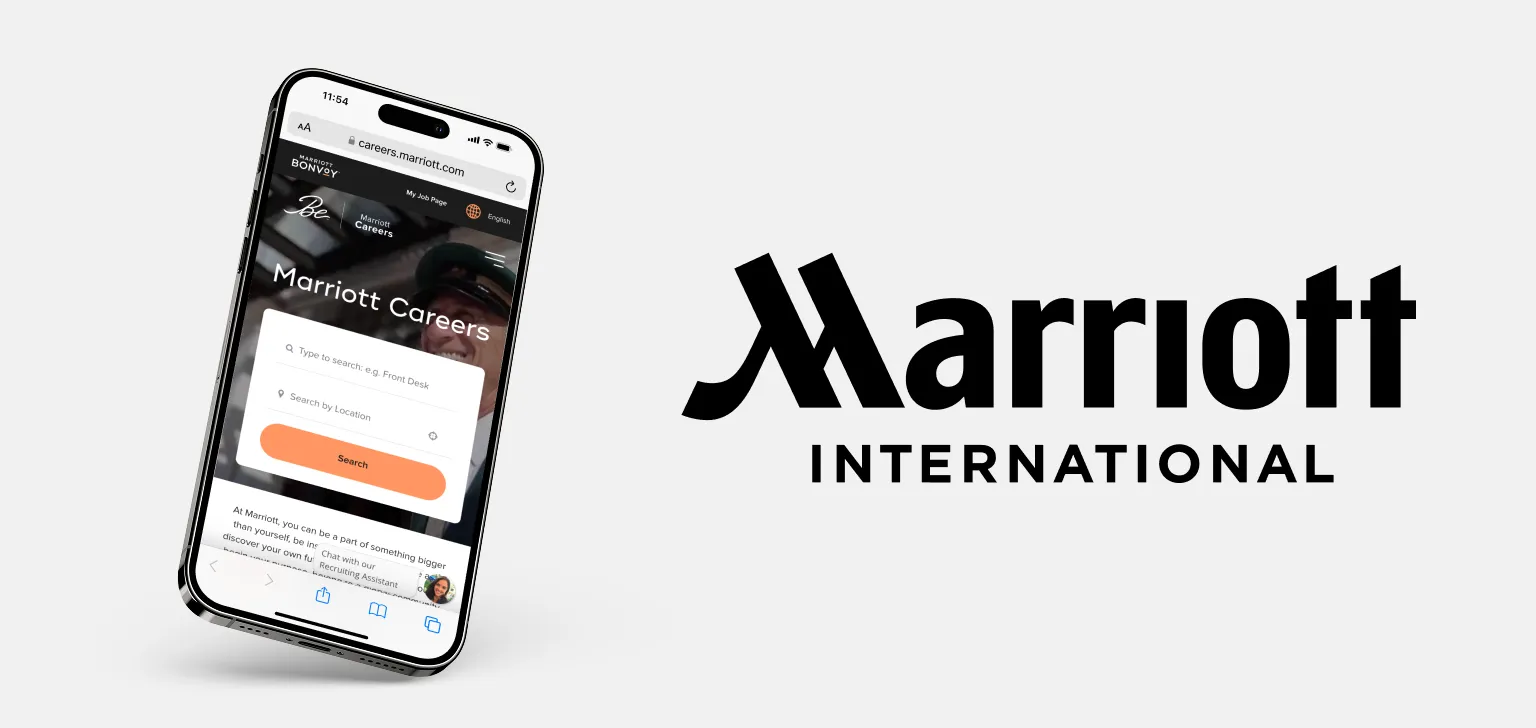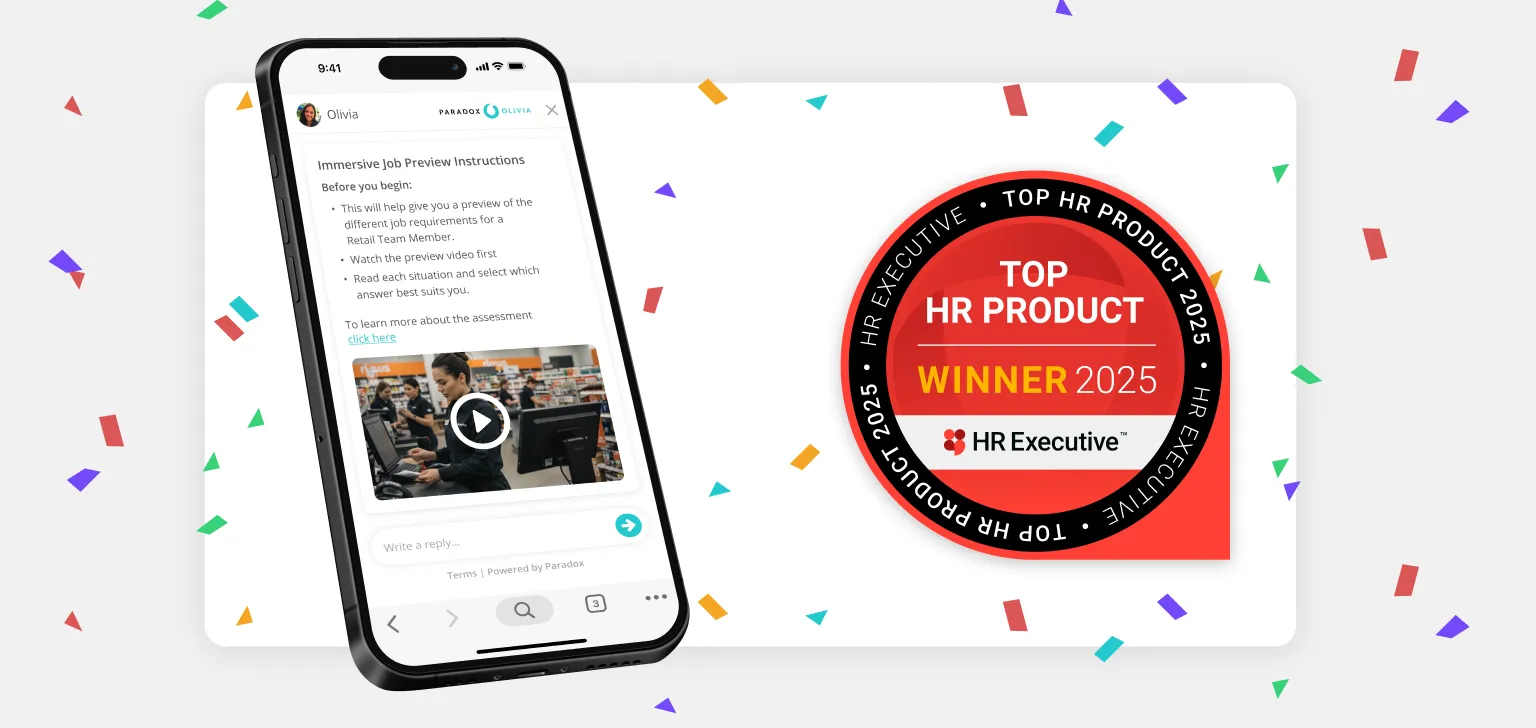The latest candidate experience research shows that 65% of candidates didn’t receive consistent communication throughout the hiring process. What does that mean? A candidate fell in love with you, jumped through all of your hoops to apply, and you left them in a black hole.
So, can AI have an impact on candidate experience? That’s a definite yes!
At the end of the day, candidates aren’t asking for much. They actually expect very little communication from employers (which is sad, but true):
- Confirmation the application or resume was received.
- Clarity on whether or not they’re qualified and getting an interview.
- Finality on if they got the job or not.
That’s really about it. It’s the bare minimum with about as low of a bar as possible, and most of the time employers aren’t even clearing it. Candidates still cite lack of communication as their biggest frustration in the hiring process. And I think it’s something we can all sympathize with — being ignored is never fun.
Now, imagine a world where conversational AI sends personalized communications to each candidate at each step of your process. But wait, there’s more! What if your candidate experience assistant could also answer questions that candidates had? What if these assistants could actually give feedback to candidates?
We’re living in that world.
Actually, we’ve been living there for a few years already, but now it’s gotten to the point where there is no excuse to not be leveraging this sort of technology to improve your candidate experience. It is widely available in many different forms (hey look Paradox has just the thing!), and it works.
This is what your candidate experience should — and easily can — look like now.
Candidate Tim applies for a job. This is what I want to see.
Quick confirmation I applied.
Updates if I’ve been qualified for the next step.
Clarity on if I didn’t get the job, and why. And flexibility if things change.
Again, none of this is particularly groundbreaking. It’s basic, human stuff. But for years (decades!) we just haven’t done it. At least not well. But conversational AI can take what has been a longtime weakness of your function and make it a strength overnight. Finally, you can have the candidate experience you’ve always dreamt of delivering. And your candidates can, too (which is the most important thing).
Plus, it takes almost no capacity from your team, which is an added bonus. It’s all automated.
Now, will this make 100% of candidates happy? No, but at 96%, it’s pretty darn close.
Here’s the thing: It’s not about trying to take the 1% of candidates who will be unhappy no matter what. It’s about attempting to deliver positive, timely, and informative communications to the 99% of people who will find it refreshing to finally have an employer get to them and not leave them in the black hole. I assume I’ll always have a few candidates who will never be satisfied. But I should not have 47%.
For most employers, only one person will get the job. That leaves a potential for a lot of candidates who need additional communication. Saying nothing to these candidates is the worst. Especially those candidates who made it to a screen or interviews. 100% of those candidates deserve solid communication from us about what happened.
The reality is that humans alone will never be able to deliver a world class candidate experience to every candidate, every time. It’s simply impossible to do at scale.
But with conversational AI, it is possible. And it works. 62% of candidates even believe AI makes recruiting more human.
Ironically, it took AI automation to finally fulfill the basic human need of being acknowledged in the hiring process. And it’s time every employer used it to solve the communication conundrum that has plagued them since the beginning of TA.













